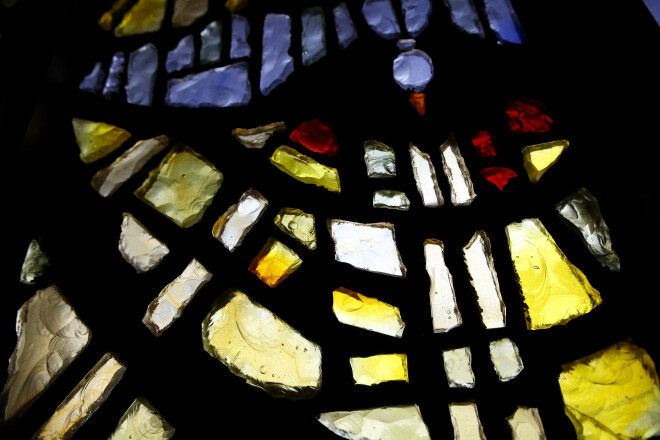Isaiah 2 and 5

The God of Israel, maker of heaven and earth, transcendent Lord, consented to dwell among His people. This is surprising: the comment in Narnia, about Aslan, that he is good but he is not safe, comes to mind. King Solomon’s prayer at the Temple’s (I Kings 8) consecration emphasizes that this same God cannot be contained in a building. But He is also a God who would have His children love and worship Him, and is ready to ‘condescend’ to them.
The Temple is a place of sacrifice which opens access to Him, though it assumes the Torah and covenant throughout.
But how can this God be God of the universe if He has a privileged place of presence? In Isaiah 2, we hear how in the ‘latter days’ all nations will flow, by a kind of reverse gravitation, to Mt. Zion. And in chapter 5, God commissions the prophet from the Temple to proclaim His Word that enacts his election, rules history, brings judgment, and preserves a remnant. But Isaiah must first be purified so as to serve this thrice holy God.
For group discussion - read Mark 15, and Hebrews 4. How is Jesus himself temple? How do we Christians see the divine condescension, the sacrifice, the gathering of the nations, judgment and remnant?


